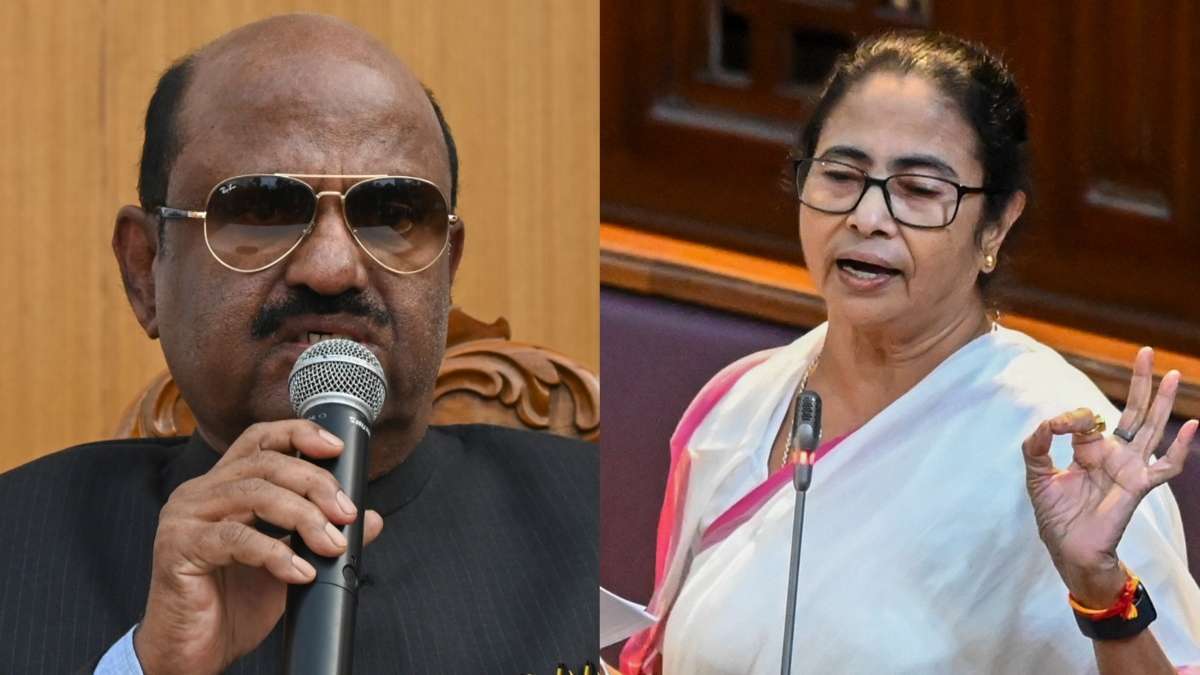Baby Chakraborty, KalimNews, Kolkata, September 6, 2024: West Bengal Governor C.V. Ananda Bose has indicated that Raj Bhavan may not give its assent to the ‘Aparajita’ Bill, recently passed by the state assembly, due to procedural lapses by the state government. The Governor has pointed out that the bill, aimed at protecting the rights of unprivileged women and children, was submitted without the requisite technical report, a critical document needed for his approval.
In a statement issued from Raj Bhavan, Governor Bose made it clear that without the necessary technical documentation, the bill cannot be cleared. “No technical report has been sent by the state with this bill, which is necessary for giving clearance to the bill. Despite knowing that, the state has not sent any technical report,” stated the Governor. The Governor further criticized the state government, alleging that this is not the first time such a procedural lapse has occurred, and he suggested that the state is well aware of these requirements but has chosen to ignore them.
The Governor also noted that the ‘Aparajita’ Bill is not unique, but rather an imitation of similar women’s protection bills currently pending with the President of India, including those from Andhra Pradesh, Arunachal Pradesh, and Maharashtra. “The Aparajita Bill of Bengal is nothing new. It is just an imitation of Andhra, Arunachal, Maharashtra Women’s Protection Bills. These bills are now lying with the President. The Chief Minister deliberately brought such bills despite knowing it,” said Governor Bose.
The statement from Raj Bhavan has highlighted a growing tension between the Governor’s office and the state administration. “It is the duty of the state government to send its technical report along with the bill. The state government has not sent it. This is not the first time that the state government has blamed the Raj Bhavan for withholding the bill despite not sending the technical report several times,” the statement read.
The Governor reportedly communicated his concerns directly to Chief Minister Mamata Banerjee, advising the state to conduct thorough homework before introducing bills in the assembly. This move has sparked a fresh political confrontation between the Raj Bhavan and the ruling Trinamool Congress government.
As per legislative procedures in India, after a bill is passed by a state assembly, it is sent to the Governor for approval. If the Governor signs the bill, it becomes law. However, if the Governor withholds assent or does not take a decision on the bill for a prolonged period, the bill may be sent to the President of India for final approval. In this case, the Governor’s reservations could potentially lead to such an escalation, delaying the implementation of the bill.
The ‘Aparajita’ Bill, officially titled the “Unprivileged Women and Children Bill,” was unanimously passed by the West Bengal State Assembly last Tuesday. Following its passage, the Leader of the Opposition, Subhendu Adhikari, expressed his support, stating, “As a responsible opposition, we will help pass the bill.” However, with the Governor’s reservations coming to light, the political dynamics have taken a sharp turn.
Chief Minister Mamata Banerjee has responded by urging opposition leaders to put pressure on the Governor to clear the bill. “Opposition leaders should ask the Governor to approve the bill soon,” said Banerjee, emphasizing the urgency of the matter.
Meanwhile, the Trinamool Mahila Morcha, the women’s wing of the ruling party, has threatened to stage a dharna (sit-in protest) in front of the Raj Bhavan if the bill does not receive clearance. The announcement from the Mahila Morcha signals the potential for heightened political drama in the coming days, as tensions between the Raj Bhavan and the state government continue to rise.
The fate of the ‘Aparajita’ Bill now hangs in the balance. If the Governor withholds his assent or sends the bill back for reconsideration, the state government may need to address the technical deficiencies pointed out by the Governor. Alternatively, if the bill is sent to the President of India, it could face further delays, given that similar bills from other states are already pending at that level.
As both the state government and Raj Bhavan brace for the next steps, the standoff over the ‘Aparajita’ Bill is becoming a key test of governance and political maneuvering in West Bengal. The outcome will not only affect the bill’s future but could also have broader implications for state-center relations and the functioning of democratic institutions in the state.

